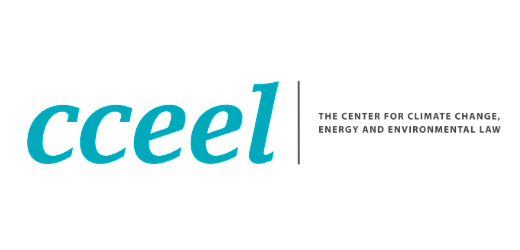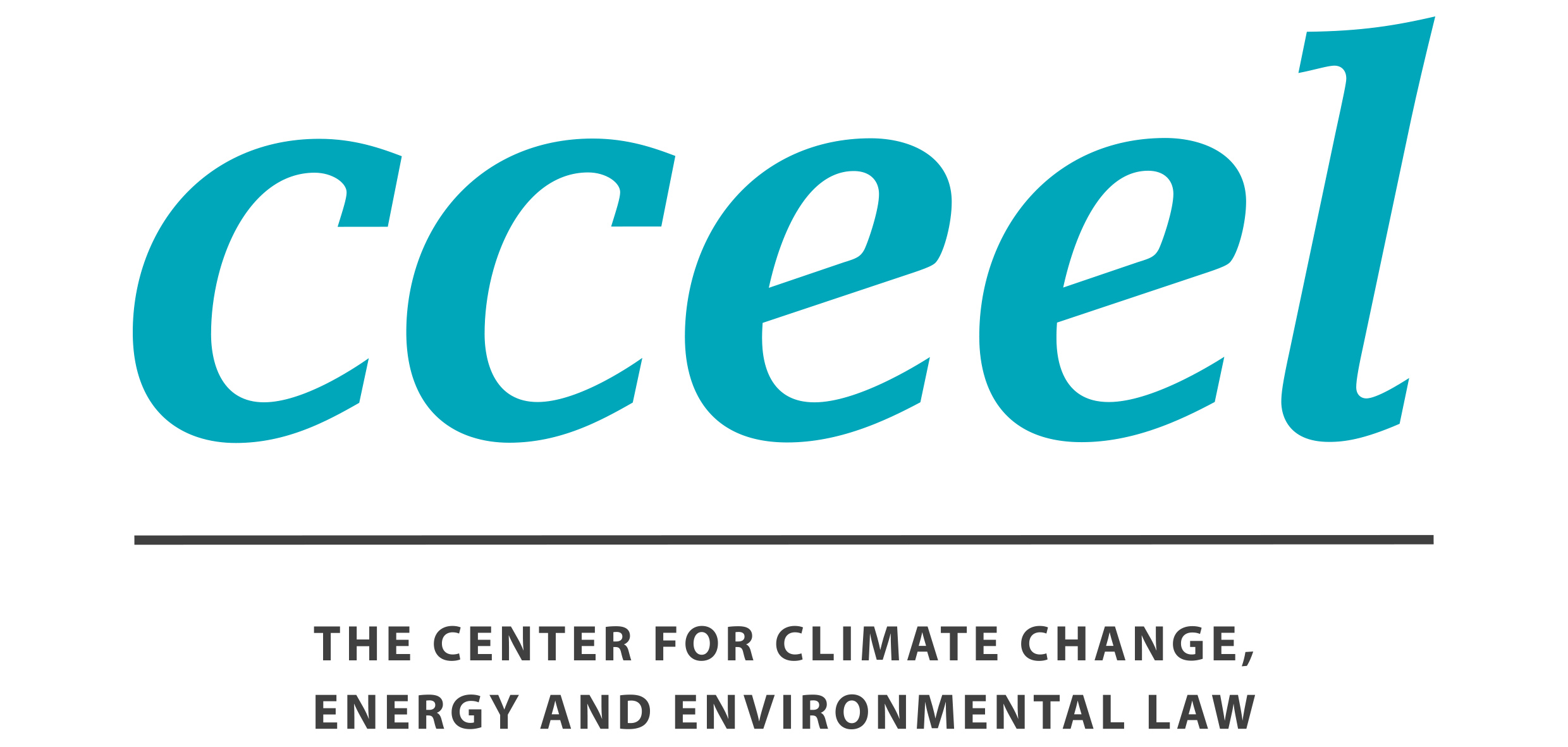SOMPA
Novel soil management practices for sustainable bioeconomy and climate change mitigation
The SOMPA project aims to develop ecologically and economically sustainable climate change mitigation options for forest and cropland management. Soil management has large potential to mitigate climate change, but cost-efficient and sustainable management methods need to be developed, their impact verified and the methods must be applied by landowners before the sector’s mitigation potential will be realised.


The SOMPA consortium will produce new scientific knowledge on drivers for soil methane and CO₂ emissions on peat soils. The consortium is multidisciplinary, and consists of forest and agricultural scientists, environmental economists, experts of climate law, atmospheric physics and ecology. This group of experts will develop new GHG emission scenarios needed for evaluating of new policy options to comply with the mitigation targets set in the relevant regulatory framework (e.g. EU effort sharing regulation). The consortium will also develop methods and tools to encourage landowners to apply the optimal mitigation measures in practice. This information will be used to evaluate the potential contribution of the climate smart land management approaches in emission reduction as well as to analyze how management changes in the production chains affect GHG emissions of bioeconomy products and services.
In this context, the UEF legal experts participating in the consortium will produce knowledge on how the new and evolving legislative frameworks for LULUCF in the multi-level (international, EU and national) regime context affect Finland’s forest and climate policy, and the plans for bioeconomy. A detailed legal analysis on the underlying regulatory preconditions and analysis of regulatory challenges in relation to the proposed new soil management practices and their impact on overall GHG emissions will be carried out.
As an outcome, this analysis will provide policy-relevant information of how international laws and regulations affect Finland’s political objectives concerning the agriculture sector as well as forest-based bioeconomy. In addition, the opportunities and challenges of the implementation of regulations in Finland and beyond (in the EU) will be highlighted.
